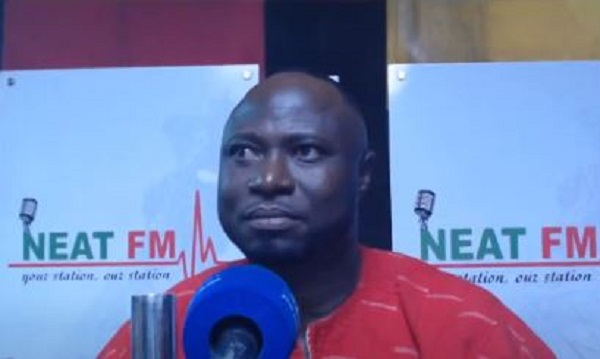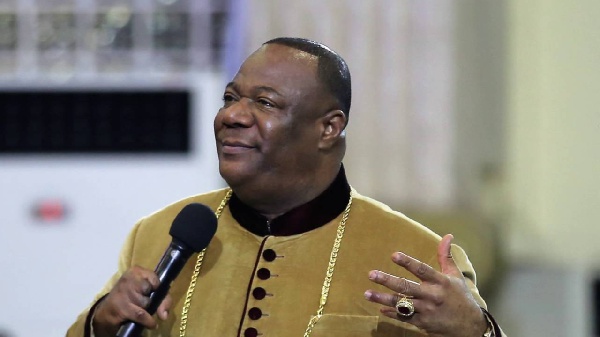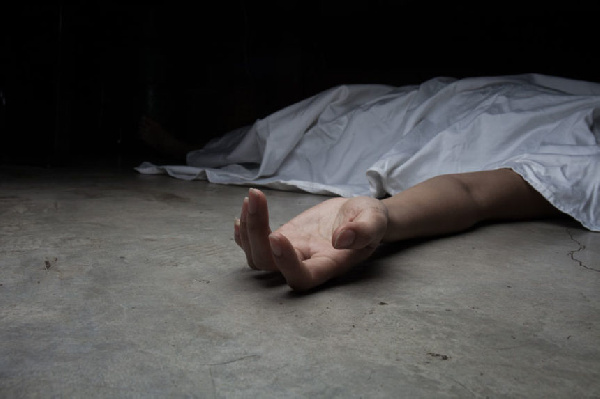
Nigerians Elect New State Governors Today

Nigerians return to the polls today, 2023 to elect state governors across the country, with all the 109 seats of the Senate of Nigeria up for grabs.The election is for 28 of the country's 36 states whose governors are among the most influential politicians in Nigeria, Africa's biggest economy and largest oil producer.All the 18 political parties have fielded candidates for the 28 governorship/deputy governorship seats in 28 states out of 36 and 993 State Houses of Assembly constituencies in the 36 states.The first phase of Nigeria’s 2023 General Elections was held on Saturday, February 25, when President-elect, Bola Tinubu, and federal lawmakers were elected.
Next is governorship.The second phase of the elections which was scheduled for March 11, 2023 was postponed to be held on Saturday, March 18, 2023 and on that day, new governors will be elected for 28 of Nigeria’s 36 states.
New lawmakers will also be elected for the Houses of Assembly in the 36 states.States not holding electionsGovernorship elections are not holding this time in Anambra, Bayelsa, Edo, Ekiti, Imo, Kogi, Osun and Ondo, as polls to the offices of governors of these states are held off-cycle and not part of the general election.The Presidential, some Senate and House elections took place concurrently on February 25, 2023.
State assembly elections (36 states) and gubernatorial elections (28 states) will be held on March 18, and gubernatorial elections will be held in Imo, Kogi, and Bayelsa states in the fall of 2023.
Nigeria is a federal republic in the sense that there is both a national government and governments of its 36 states and it utilises the form of government in which the people hold power, but elect representatives to exercise and utilise that power with the executive power exercised by the president.Government structure The President is the head of state, the head of government, and also the head of a multi-party system and Nigerian politics takes place within a framework of a federal, presidential, representative democratic republic, in which executive power is exercised by the government.Legislative power is held by the federal government and the two chambers of the legislature: the House of Representatives and the Senate, the legislative branch of Nigeria is responsible for and possesses powers for the formulation and making of laws Together, the two chambers make up the law-making body in Nigeria, called the national assembly, which serves as a check on the executive arm of government, The National Assembly of Nigeria (NASS) is the democratically elected body that represents the interests of the Federal Republic of Nigeria and its people, makes laws for Nigeria and holds the Government of Nigeria to account.
Voter turnout was 35.66 per cent.Disputed presidential electionTwo weeks after a disputed presidential election which saw the former Senator of Lagos, Bola Tinubu of the APC emerge as the President-elect but the main focus of the governorship elections is on the race to lead Lagos, the country's economic heartbeat and wealthiest state and control budgets larger than those of small nations.The Ruling All Progressives Congress (APC) party's Bola Tinubu was declared winner of the presidential election with 39 per cent of the vote.
It is also where Africa's richest man, Aliko Dangote, is building a multi-billion dollar oil refining complex.Buoyed by Obi's performance in Lagos, the Labour Party's Gbadebo Rhodes-Vivour, an architect and political activist, will battle it out with APC incumbent Governor Babajide Sanwo-Olu, who has been in the ranks of the Lagos state government for two decades.Sitting governors The APC has sitting governors in 21 states, while the main opposition People's Democratic Party (PDP) has 14.






